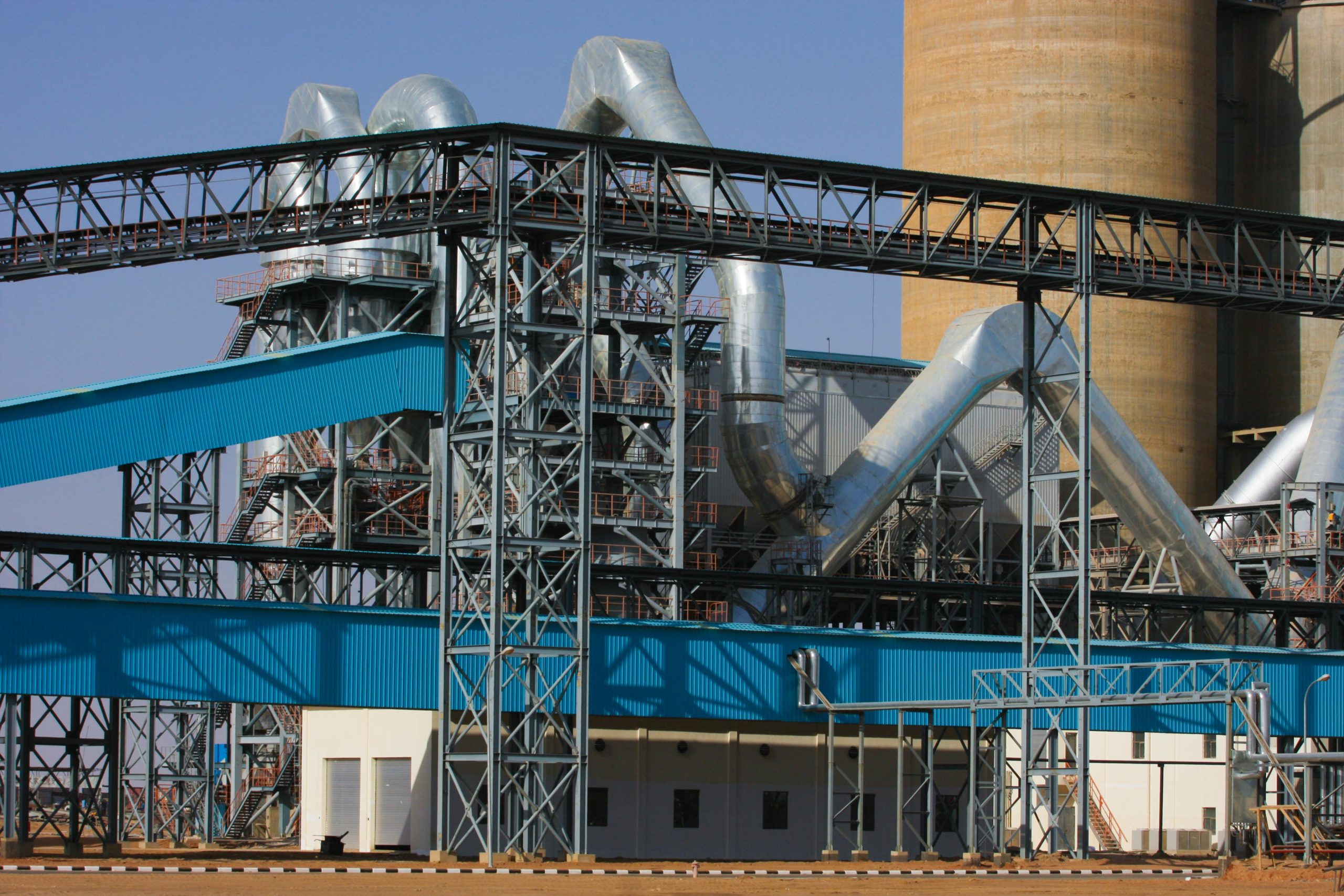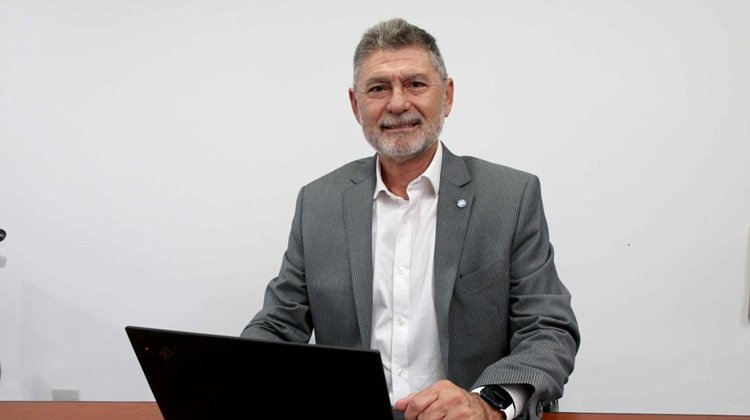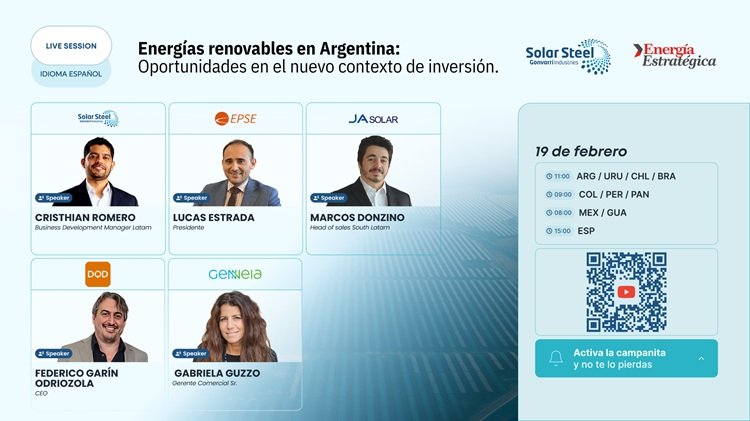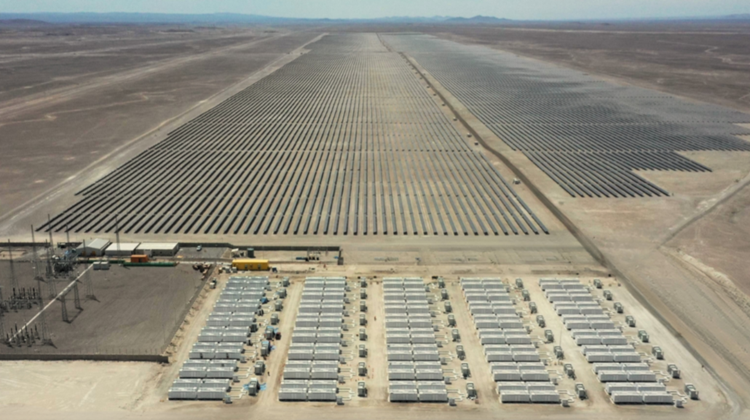The Council of Ministers, at the proposal of the Ministry for Ecological Transition and the Demographic Challenge (MITECO), has authorized the allocation of €300 million for efficiency and savings initiatives in industry and another €200 million for the renovation of buildings in the tertiary sector, in compliance with the 2024-2026 Strategic Plan of the National Energy Efficiency Fund (FNEE). The distribution of funds to the autonomous communities, which will be responsible for publishing the calls for proposals, will be decided at the Energy Sector Conference.
The Council of Ministers’ agreements approving these new programs establish the types of action and the industries and facilities they may target. The autonomous communities may choose between one or more of these, as well as the intensity of the aid and whether they are awarded through a direct grant or competitive bidding process.
In the case of the energy efficiency program aimed at SMEs and large companies in the industrial sector, the agreement allocates 300 million to improving technology in industrial equipment and processes, with savings of over 10%, and to the implementation of energy management systems.
Credit 20% energy savings
For its part, the Tertiary Sector Energy Renovation Program (TERTIARY PREE) will target administrative, healthcare, commercial, educational, public residential, cultural, recreational, sports, catering, transportation, and places of worship. The initiatives must demonstrate energy savings of 20% and will focus on improving the thermal envelope of buildings; improving the efficiency or use of renewable energy in thermal installations for heating, cooling, ventilation, domestic hot water, swimming pool air conditioning, and district networks; improving the energy efficiency of lighting installations; and improving automation and control systems.
Recipients include individuals carrying out economic activities and legal entities that own buildings or parts thereof, groups of owners and communities of owners, operating, leasing, or concessionary companies, energy service companies, renewable energy communities and citizen energy communities, cooperatives, and other social economy entities.
In both programs, the grants will be awarded on a non-refundable basis and will be delivered when the recipient has timely and properly demonstrated the completion of the eligible action, in accordance with the requirements established by the autonomous communities and the cities of Ceuta and Melilla.
Unlike the territorialized aid provided by the Recovery, Transformation, and Resilience Plan (PRTR) , this time the State will approve the funds and establish the general guidelines for eligible actions, while the regional governments will be responsible for publishing the respective calls for proposals. For its part, the Institute for Energy Diversification and Savings (IDAE), an entity affiliated with MITECO, must approve the budget for these programs and will coordinate and monitor the budget and energy results, while the regional governments will be responsible for evaluation and verification.
European objectives
The energy efficiency aid programs will contribute to achieving the objectives of the 2023-2030 National Integrated Energy and Climate Plan, in addition to counting toward the energy savings established in Directive (EU) 2023/1791, in sectors that account for 25% in the case of industry and 13% in the case of the tertiary sector of final energy consumption.
Existing buildings account for around 30% of final energy consumption, making energy renovation in the tertiary sector a priority . Specifically, this area accounts for 18% of the energy savings to be achieved by 2030, according to the European legislative framework.
In the case of industry, there are precedents for similar aid programs, such as Royal Decree 263/2019, through which 652 million euros were distributed to the autonomous communities, enabling the implementation of 2,628 energy-saving projects in industry and a saving of 816 ktoe.


























